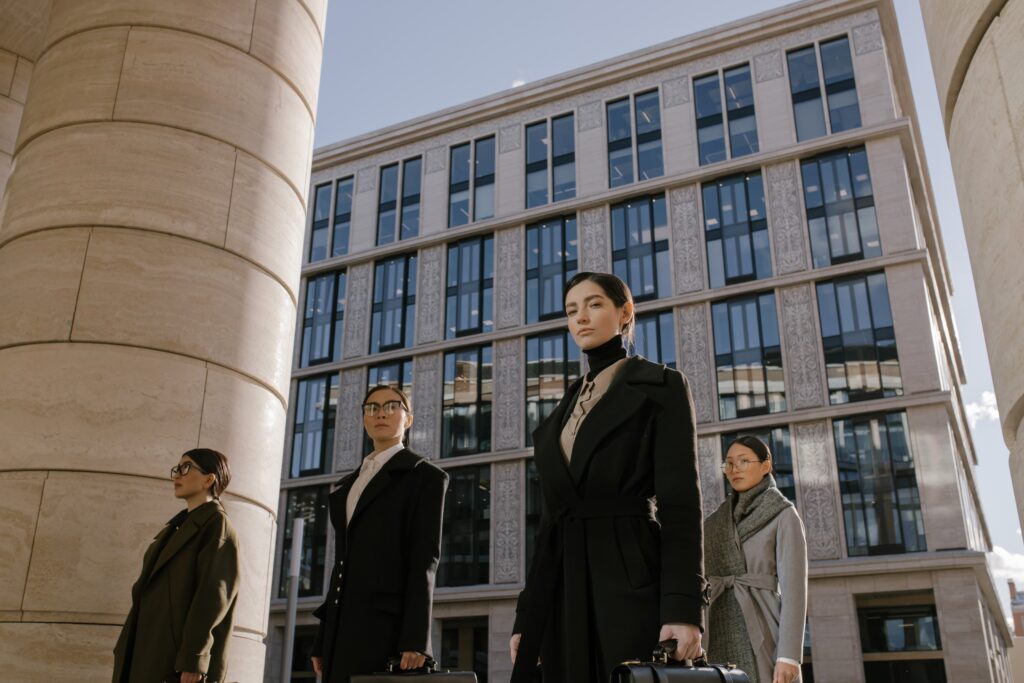You are contemplating acquiring your first luxury car—a big decision that requires careful thinking! You may or may not have done some research already, but this article should be helpful in providing some valuable insight, allowing you to make an informed decision.
What is a Luxury Car?
Luxury can mean different things to different people. In today’s automotive world—contrary to popular belief—luxury is not confined to particular brands of vehicles or vehicles equipped with lavish interiors and technological features that provide better performance capabilities. In the automotive field certain brands have become generally accepted as luxury vehicles, acknowledged to be much more expensive to acquire (and to maintain) than brands of lower value.
In recent years, mainstream brands, in an attempt to be perceived as luxurious, have been outfitting some of their models with high-end features that are beyond the average necessities. However, not all drivers will agree with this definition of “luxury.”
Some features that are considered to define luxury include heated steering wheels, integrated seat massagers, water-resistant windows, automatic safety equipment, and entertainment systems. Of course, these features do not automatically make a vehicle luxurious, but they are among the most anticipated for many customers.
How Informed do You Need to Be?
Salespeople are in general agreement that prospective purchasers of luxury cars have usually done preparatory research into the price range, size, and features. Vehicle type is one of the top considerations. For example, there is the choice between a four-door sedan and a two-door coupe. Sedans are still the among the most popular vehicles; however, SUVs represent the fastest-growing segment, with a roughly even split between male and female customers. Where engine preference is concerned, there is understandably an increased interest in electric power.
While a lot can be learned online these days, car shoppers reportedly still anticipate a visit to a dealership to look at the vehicles in-person, talk to a salesperson, and get the hard, cold facts about all the financial details. With particular reference to finances, purchasing versus leasing and new versus used have become increasingly important considerations.
New or Used?
While most buyers may prefer brand new vehicles, their budgets may not allow them to purchase one, and they may settle for a used car instead. This could be a blessing in disguise given the advantages of buying used luxury vehicles compared to buying brand new economy cars.
Many used luxury vehicles are covered by a lifetime powertrain warranty. Depreciation will be far lower when you buy a used car (versus new), and older luxury vehicles usually offer the same safety and technology features as a new economy car. This is because reputable dealers will most likely put their used vehicles through an extensive reconditioning process.
Depending on the specific model, a used luxury vehicle could cost the same as a brand-new economy car. However, it’s said that a new car can lose as much as 50 per cent of its value over four years. A few-years-old luxury vehicle loses its value slower due to a concept called retarded depreciation.
Purchasing or Leasing?
Do you just want to be driving a luxury car, or is merely owning a luxury car more important? The various reasons for decisions are generally easy to identify. Ownership is readily understood as a reward, perhaps for having achieved a certain level of financial security.
With an average price of $60,000 for a luxury vehicle, however, there is a growing trend toward a preference for leasing. Leasing comes with several benefits. First, there is less demand on the lessee’s cash-flow. Next, if there’s damage from an accident or if the vehicle is stolen, the leasing company is anxious to get the lessee into another vehicle as soon as possible.
If purchased for cash, the purchaser’s asset depreciates at a rate as high as 25 per cent in the first year. Some car buyers opt for longer-term car loans of six to eight years, to get a lower monthly payment, but long loans can be risky, and these buyers might find leasing to be a better option.
Orville Green | Contributing Writer








